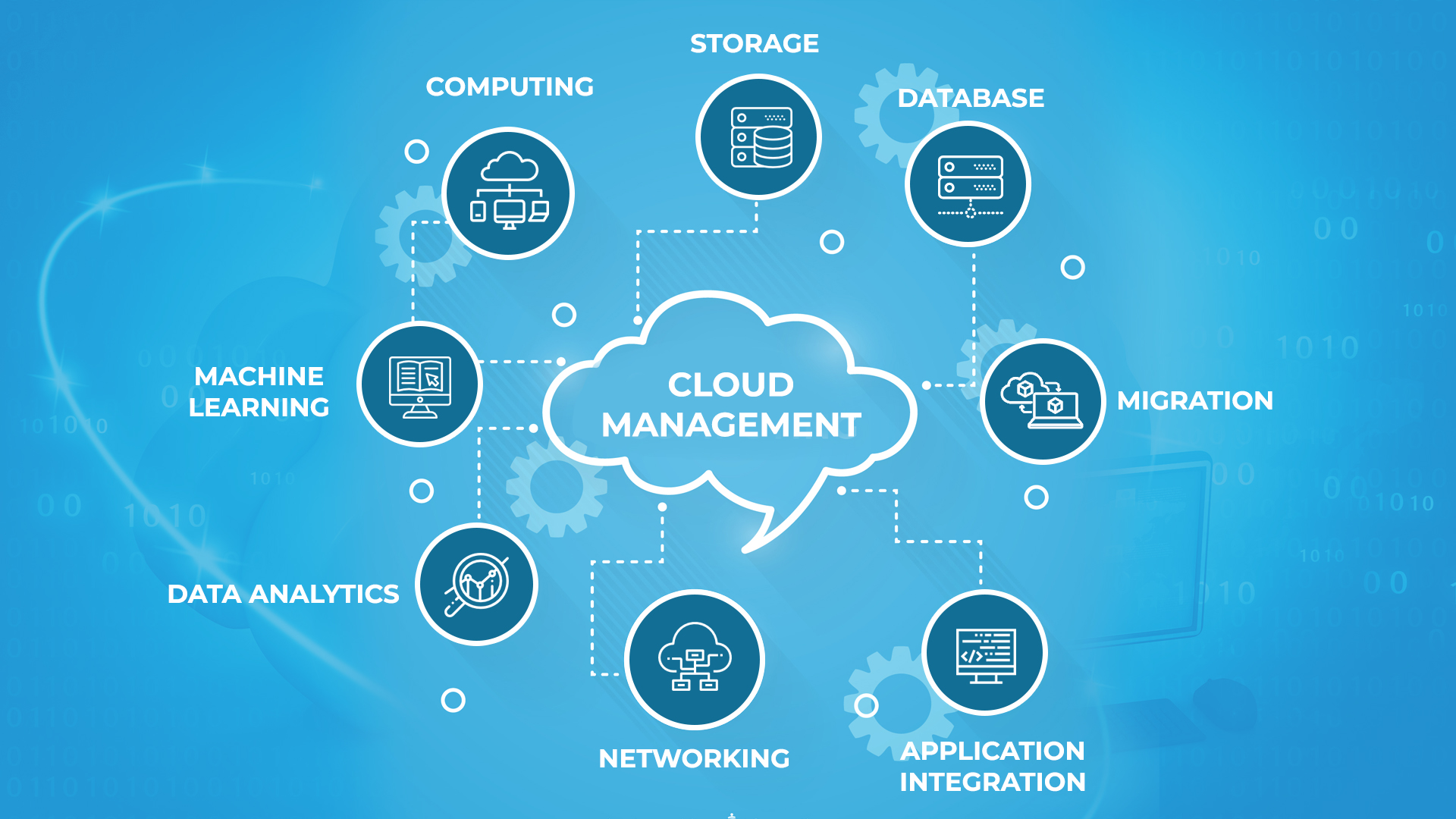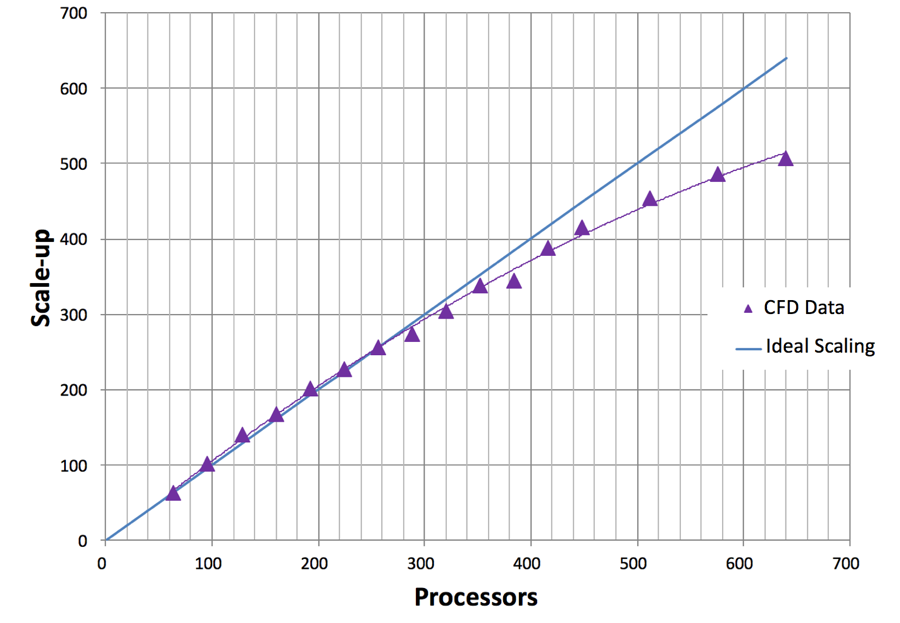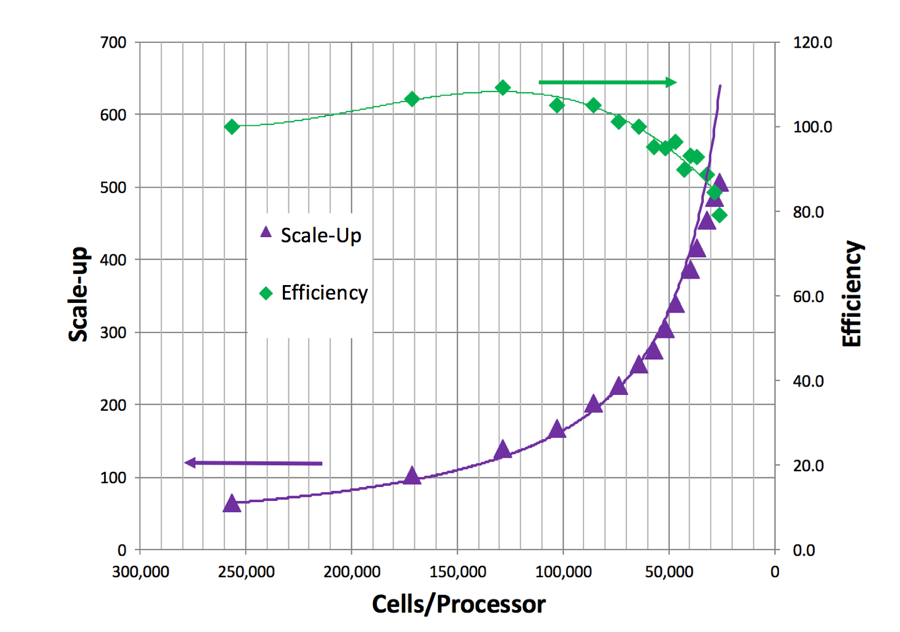Why everyone flocks to AWS?
AWS cloud services provide 100+ services – everything from computing, storage, database, migration, application integration, networking, data analytics to the Artificial Intelligence (Machine Learning) – at your fingertips. Which states that you can go from idea to implementation in seconds rather than months, what else is required?

Today, there are lots of companies with the data centers and the rationalization projects, who are migrating to the cloud services, isn’t? What is the true factor behind this? These are the organizations that are looking to completely re-imagine their business using modern technologies enrolling with digital transformation. Not only that and of course, these are the ways that affect their cost factors too (which improves the bottom line by reducing their cost)
For example;
Let’s consider an organization having 20 systems actively used. Consider the cost of each service like maintenance, bandwidth, networking, and so and so would definitely be expensive. Imagine that they are subscribing to the cloud services, where they can get access to their required services through “pay as you go system” (maintenance, networking, mail server support, and other services) are managed by the cloud services and they can just utilize those services from their remote computers and pay for the services only for their usage. This is one of the primary benefit of AWS, “where you can pay only for what you use”.
Can you agree with AWS’s cost factor? Of course,
But some say it is expensive, do you know the true factor behind that?
A lot of people do this, instead of leasing for the needed services, they lease the entire resources that are not required, which exceeds more than their budget. Spinning up any resources in the cloud that you aren’t using actually is pretty darn costly. You cannot do the things which you wanted to do with the fixed-cost prepaid servers.
“Scalability” is another important factor, where users raise an important query (“how well could it scale”?) that comes across when looking for a cloud structure.
Scaling is considered to be excellent, when the scale-up is close to or equal to the number of processors on which the application runs. AWS uses advanced Ethernet networking technology which is up to the task when scaling. Let’s look into the graphical representation for clearer picture.

source: https://aws.amazon.com/blogs/compute/real-world-aws-scalability/

Source: https://aws.amazon.com/blogs/compute/real-world-aws-scalability/
Fictional example;
Follow this slowly;
Consider a processor unit bought in any store would cost around approximately $200, where the computational unit in the EC2 in the cloud is about approx $200 per month and you can multiply it by n number of resources. Which sounds great?
This is actually least cost where you can actually access virtually an infinite computational unit.
Why is AWS at the top compared to its competitors?
- Top-notch services
- Superb level of graininess
- Extremely bouncy services
- Interoperate with one another
- Operational Resilience
- Cost avoidance
- Safe and secure data storage
- Business Agility
- Workforce Productivity
- Operational Costs
With the above perks, organizations migrate their data center into the cloud rather than moving their services into the cloud. If everything is done right, then you’ll get premium quality and pay only for what you’re using.
That’s why AWS is on the right top for the cloud services when compared to their competitors and Microsoft Azure is catching up to AWS.
On the whole, if you want to have a robust and industry-level proven services that let you run properly with the scaled applications world-side, then definitely AWS is the sweet spotlight.